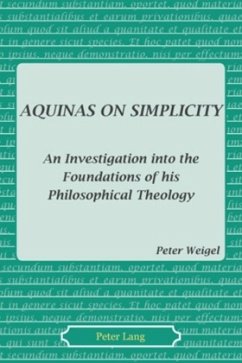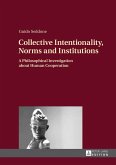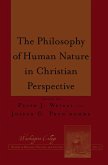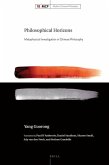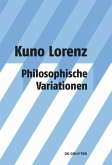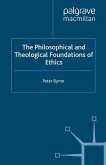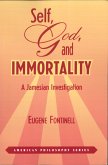Aquinas's teaching that God is entirely simple is central to his philosophy of God. Much of his thought cannot be properly understood without an adequate grasp of what simplicity involves and why he argues for it. The depth and rigor of Aquinas's account of divine simplicity mark a significant contribution to the development of this crucial position in traditional philosophical theology. Commentators usually focus on limited aspects of Aquinas's position, and contemporary philosophical assessments often reflect an incomplete understanding of the distinctive ontology supporting his theological conclusions.
This book offers an in-depth examination of what divine simplicity means for Aquinas and how he argues for its claims. Simplicity and other divine predicates are analyzed within the larger metaphysical and semantic framework surrounding Aquinas's philosophy of God. The work thus goes beyond the issue of simplicity to some of the fundamental tenets of Aquinas's philosophical theology and his views on divine predication. The author also engages with a variety of Aquinas's recent commentators, bringing the insights of this great figure to bear on contemporary discussions.
This book offers an in-depth examination of what divine simplicity means for Aquinas and how he argues for its claims. Simplicity and other divine predicates are analyzed within the larger metaphysical and semantic framework surrounding Aquinas's philosophy of God. The work thus goes beyond the issue of simplicity to some of the fundamental tenets of Aquinas's philosophical theology and his views on divine predication. The author also engages with a variety of Aquinas's recent commentators, bringing the insights of this great figure to bear on contemporary discussions.

